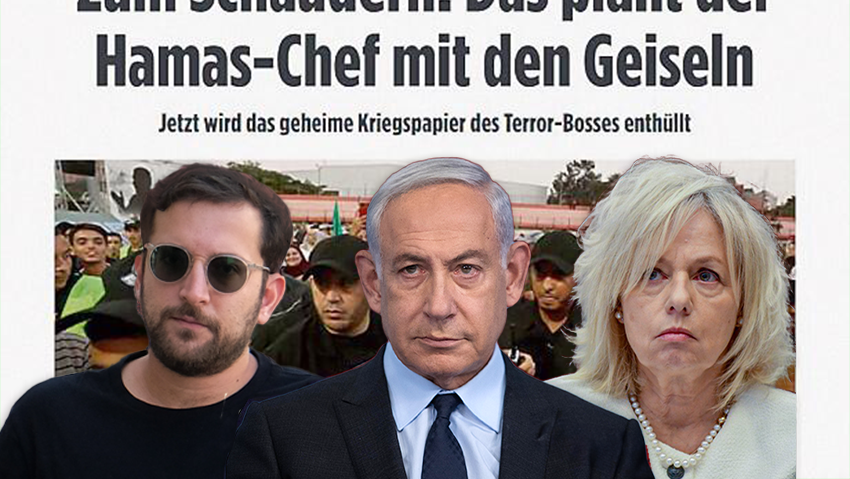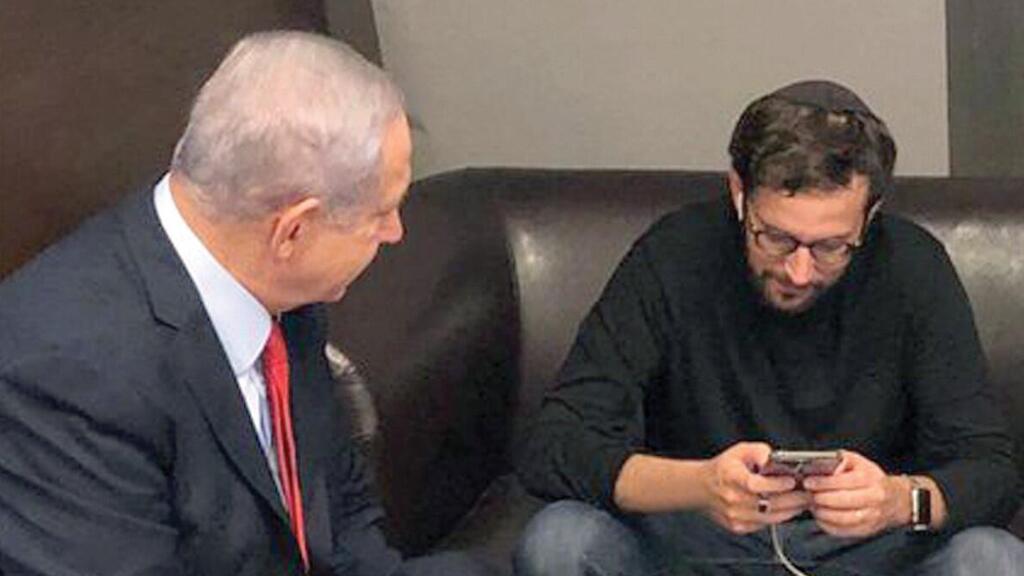Doubts about the information’s reliability, raised by various media outlets, prompted Urich and Feldstein to provide Einhorn with the original classified document on September 9. Feldstein had received it that day from reservist Ari Rosenfeld, also charged in the case.
The charge sheet read that Urich and Feldstein acted without authorization, knowing the military censor had barred the publication, with intent to harm national security or at least foreseeing it as a near-certain outcome.
That same day, the classified document was shared with multiple unauthorized parties. Additionally, on October 28, a day after Feldstein and Rosenfeld’s arrests, Urich replaced his mobile phone and deliberately withheld its previous communications to prevent their use as evidence, the charges claimed.
Urich’s attorneys said Sunday: “Jonathan Urich denies all allegations. He never held or passed classified information, nor harmed national security. This baseless charge sheet, timed suspiciously, will be proven false beyond doubt.”
Netanyahu defended Urich Monday, attacking Baharav-Miara’s announcement as “shameful.” He called her decision to prosecute Urich, especially now, a regrettable move, raising serious questions.
Despite claiming he learned of the Bild document from the media, Netanyahu insisted, “I know the details and say unequivocally: there was no harm to national security.” He added, “Jonathan did not harm national security. This is a baseless, absurd move serving another agenda, not the public interest.”
On Sunday, Baharav-Miara announced Urich would face charges pending a hearing. The State Attorney’s Office informed Urich that she and State Attorney Amit Aisman are considering criminal charges in the Bild affair, dubbed the “secret documents case,” for security offenses including passing classified information with intent to harm national security, possessing classified information and destroying evidence.
The information, highly classified and obtained through secret intelligence means, risked national security and lives through Urich’s exposure, the charges alleged. The leak by Urich and Feldstein aimed to sway public opinion regarding Netanyahu and shift discourse after the August 2024 killing of six hostages in Rafah, according to the prosecution.
Feldstein’s indictment claims he sought to influence a hostage deal and bypass censorship by leaking a “Hamas document” shortly after the Rafah murders, amid escalating September protests against the government. Rosenfeld is accused of passing several documents, including the one in question, to Feldstein, meeting him post-Bild publication to provide hard copies.
The Bild article, published September 6, detailed Hamas’s alleged negotiation stances on hostages and a ceasefire, using classified IDF intelligence documents taken unlawfully.
An IDF review confirmed the leaked document was “top secret” and sensitive, with its exposure potentially undermining a key war goal—hostage release—and IDF and Shin Bet operations against Hamas in Gaza.
The Bild document, dubbed the “Sinwar document,” outlined Hamas’s strategic instructions for ceasefire and hostage talks: how to torment hostages’ families and manipulate the international community to rebuild military capabilities, weaken Israel’s political and military systems and increase global pressure on Israel.
Days earlier, the Jewish Chronicle published a story citing another supposed Sinwar document about smuggling hostages via the Philadelphi Corridor to Iran or Yemen. Both articles were cited by Netanyahu in a cabinet meeting and press conference and by his wife, Sara Netanyahu, in a meeting with hostages’ families.
The Jewish Chronicle’s document was fictitious, leading to an apology, the article’s removal and the discovery that the author, “Elon Perry,” was actually Eli Yifrach. This sparked an initial IDF information security unit probe to trace the leak’s source.
After IDF checks, former Chief of Staff Herzi Halevi requested a Shin Bet investigation, which began covertly to identify those behind the leak, initially focusing on IDF personnel with access to the classified “Hamas document.”
The investigation pinpointed the IDF leaker, gathered further intelligence implicating others in the leak chain and moved to an open phase. During this, a reservist NCO, two reserve officers, an active-duty NCO and Eli Feldstein, a communications consultant in the Prime Minister’s Office’s national advocacy unit, were arrested. Others involved were questioned without arrest.





